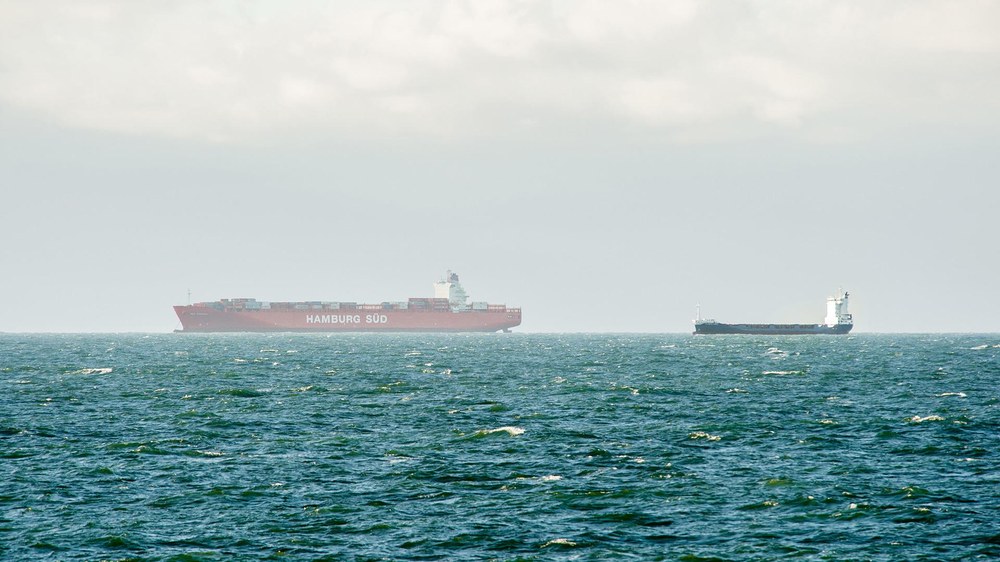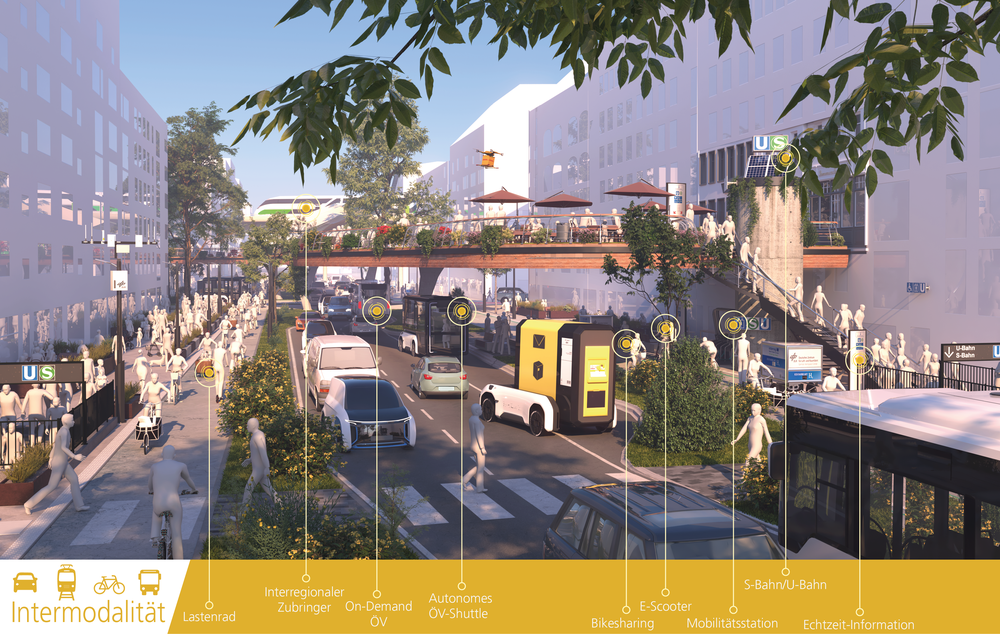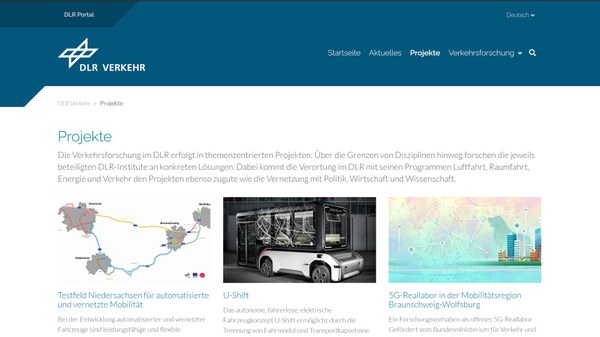Strategy and programme
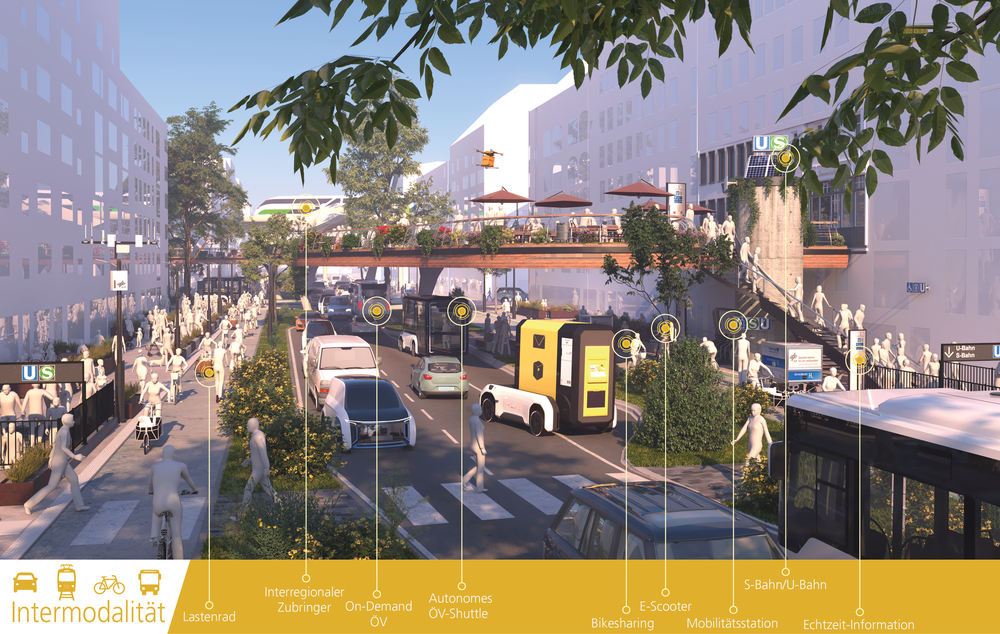
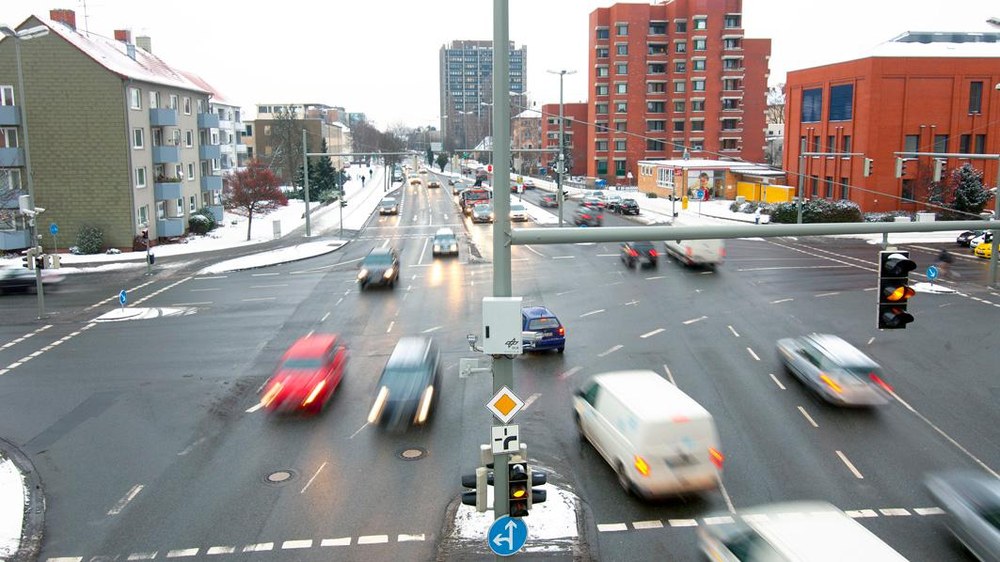
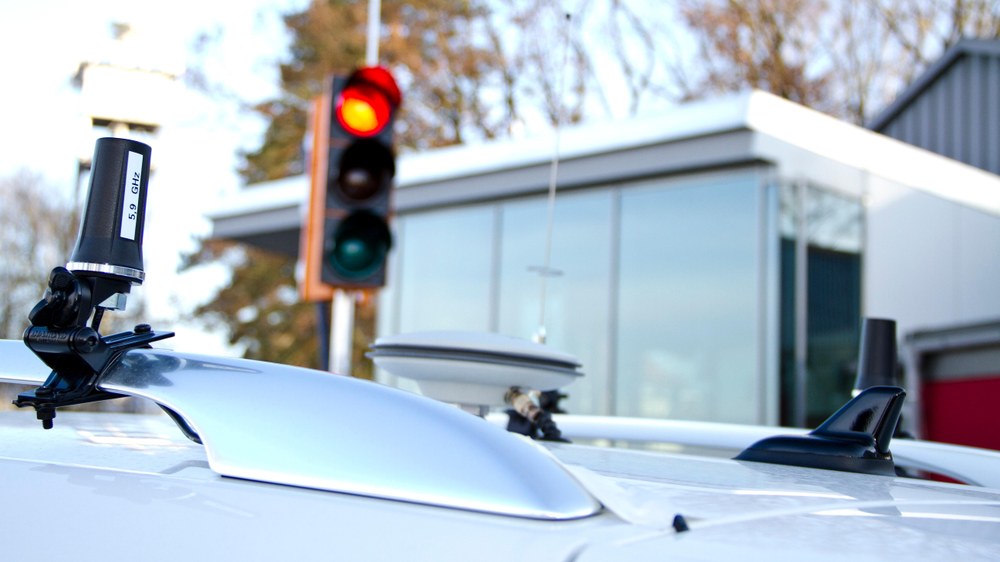
Research that moves
How will society move from point A to point B in the future? How can we possibly have a world without accidents, traffic jams, delays and detours? How can we bring our mobility into harmony with mother nature? And how might an environmentally friendly traffic system of the future that supports a growing economy look? We need substantive answers that will bring concrete solutions for our increasingly mobile society and globalized economy.
Towards a future-proof transport system
At the heart of DLR’s transport research is the transformation of mobility. This transformation aims to address the various challenges related to emissions and transport safety, while ensuring that mobility continues to meet the needs of Germany as a business hub and society as a whole. Against this backdrop, DLR's transport research is dedicated to developing methods and tools for exchanging knowledge with policymakers and the public, as well as methods and technologies to support technology transfer to the automotive and mobility sectors. Knowledge exchange and technology transfer are central to transport research, enabling DLR to play an important role in shaping the future of mobility.
DLR is ideally positioned to provide scientific support for this transformation and actively shape it through its knowledge exchange and technology transfer activities. With its broad expertise in aeronautics, space, energy, transport and security, its interdisciplinary research approach and its state-of-the-art infrastructure, DLR is well equipped to deliver outstanding solutions for a successful transformation of the transport sector.
Seven research topics are currently in focus:
- Road vehicles
- Rail vehicles
- Traffic management
- Transport and the environment
- Urban mobility
- Electromobility
- Traffic management at public mass events and disasters
Fewer accidents, traffic jams, delays, detours und reduced environmental pollution are the overriding goals of our research.
Concerted traffic research at DLR
The research projects are fundamentally interdisciplinary and follow a systemic approach. Traffic research greatly benefits from this fact, especially since 25 DLR research institutes spanning areas such as energy, transport, aerospace and space research all participate in the research effort. Not only are interdisciplinary synergies created as a result, exciting scientific exchanges take place since each and every project is approached from various perspectives. The use of large DLR research facilities including wind tunnels, crashing units and simulators all contribute towards finding innovative solutions.
The traffic research programme is based on an excellent network existing amongst the research landscape. In the same manner, DLR also has excellent relationships with its European counterparts such as IFSTTAR in France, AIT in Austria and TNO in the Netherlands. Active information exchanges are also carried out with other German organisations such as KIT, BASt and the Fraunhofer Institute. Excellent relations are cultivated with Institutes of higher learning as well as with universities and different industrial sectors, all with the aim to promote research within any given project. DLR’s communication with all relevant ministries at the federal and state levels guarantees an optimal coordination of different research programs with politics.
Read more about the topics that move us and the projects we are driving forward.
DLR’s transport research focuses on five programmes requiring urgent action for policymakers and industry.
Programme topics
Digital tools for change monitoring
The transformation of mobility is a dynamic process that can be observed, predicted, evaluated and influenced using digital tools. Without insight into how this process unfolds, it becomes difficult to manage and prone to errors. We therefore use these tools to digitally map the transformation process in real time. Building on this, we provide artificial intelligence methods that generate insights into the necessary instruments and technological solutions for road, rail and waterborne transport, as well as for intermodal transport and the integration of the energy and transport sectors.
Low-emission and intelligent road transport
Road transport is the most widely used mode of transport in Germany. At the same time, it is responsible for a significant share of transport-related emissions. A key measure is to provide the automotive and mobility industries with cutting-edge technologies and methods that can significantly reduce energy and resource consumption as well as emissions per vehicle, while simultaneously enhancing road safety through distributed and self-learning vehicle and infrastructure components.
Reliable and flexible rail transport
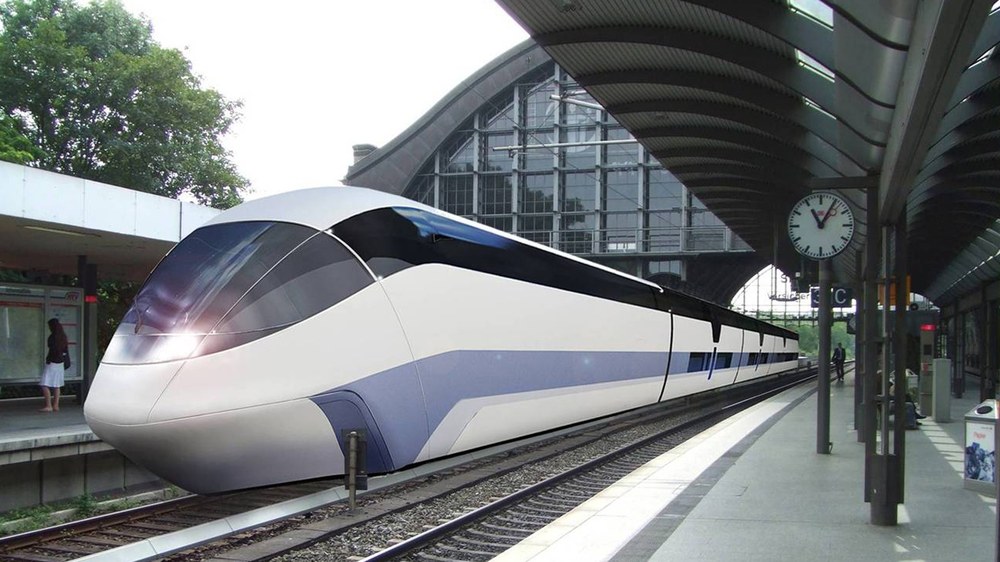
Rail transport is comparatively low in emissions and highly energy efficient, making it a crucial factor in achieving climate targets through a shift from road to rail. This shift, however, is hindered by temporary disruptions in rail operations caused by an increasing shortage of skilled labour, infrastructure overload and maintenance deficiencies. Implementing new vehicle concepts requires a rethink of propulsion systems, lightweight construction and the operation of rail vehicles and infrastructure components throughout their entire lifecycle. We are therefore driving forward developments in automated rail transport, resilient and digitalised rail operations, and the holistic design of new railway components and systems.
Highly automated and efficient shipping
Waterways are among the most important transport routes for global and intercontinental trade, with ports serving as pulsing hubs for intermodal transport chains. Inland waterways, in particular, are the only transport mode with sufficient capacity to sustainably relieve pressure on other modes of transport. However, shifting more freight to shipping can only succeed if waterborne mobility and transport can be carried out reliably. We focus on topics such as digital waterway management and intelligent traffic management systems, including assisted and automated navigation.
Intermodal transport
A large proportion of transport is intermodal, meaning people and goods often require more than one mode of transport to reach their destination. The advantages of intermodal transport are clear: emissions are reduced when more people or goods are transported in one vehicle instead of several. However, one drawback is that it creates disruptions in travel and transport chains, reducing their attractiveness and consumer willingness to use intermodal services. To address this, we provide AI-driven methods that enable the development of vehicle concepts tailored to specific requirements and offer demand-oriented services.
Multimedia
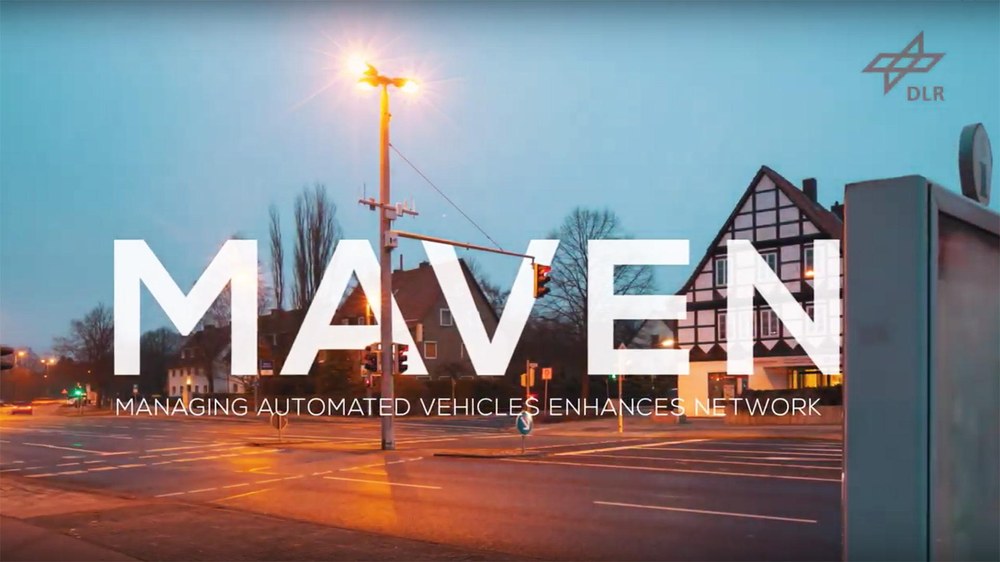
DLR MAVEN
Your consent to the storage of data ('cookies') is required for the playback of this video on Youtube.com. You can view and change your current data storage settings at any time under privacy.



